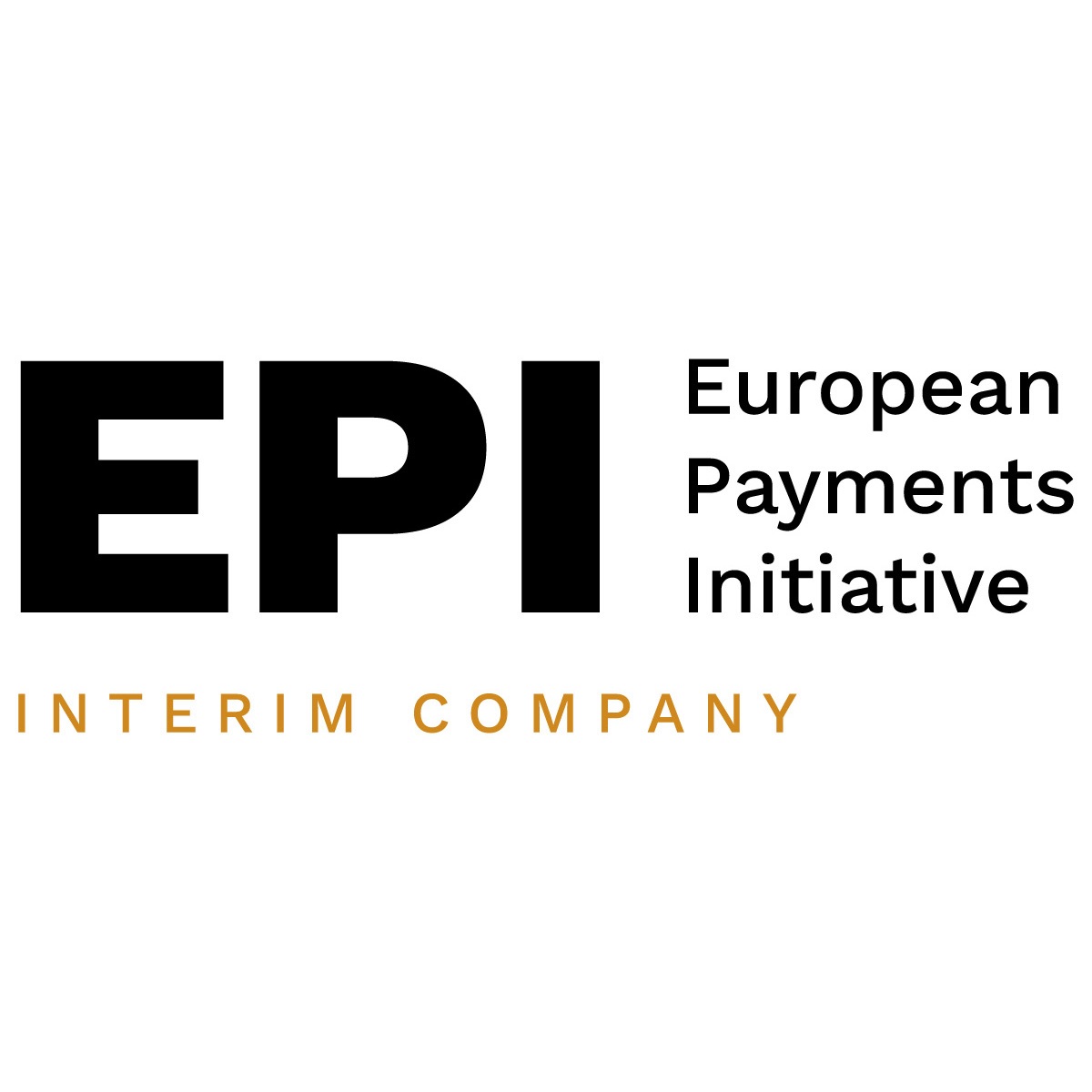EPI: a soft take-off

The end of November was supposed to mark a turning point in the implementation of the European Payment Initiative (EPI) project, presented as a new European payment scheme and a lever for the harmonisation and digitalisation of payments in Europe. Although officially the decision to transform the interim company into the TARGET company has been taken, disagreement over the financial commitment has led to the agreement of an extension until 22 December this year.
FACTS
-
The pan-European payment project is certainly moving forward, according to its stakeholders, but slowly. It remains difficult to obtain information on the progress of the discussions and their concretisation.
-
Nevertheless, an expected vote took place at the beginning of the week. It was to be on the amounts to be invested by the different members to support the project; a second attempt to get the 22 committed banks to agree.
-
1.3 billion would currently be on the table.
-
However, two EPI members have already stated that they have no funds to invest in the project; three other members have asked for additional time to consider the question of their financial participation in the project.
-
The decision of this meeting was therefore taken, taking the form of a new postponement for a conclusion scheduled for 22 December. On this date, the final distribution of the investments and therefore of the shareholders in the project should be known.
-
However, the project has been ratified and the official launch of EPI should take place at the beginning of 2022.
ISSUES
-
Not to waste time: This further postponement is bad news because it highlights the difficulty that banking players have in investing in this colossal project. However, the speed of technological progress argues for an acceleration. Moreover, the competing players are also gaining time to develop their defence and put in place alternative scenarios.
-
A project reduced in terms of membership? The fact that some members of this Europe-wide initiative do not wish to participate financially raises the question of a project launched with 18 members. This decision partly calls into question the interest of EPI as a tool for global harmonisation of the European payment market.
-
Public support: Unlike the Monet project, which failed in 2012 due to a lack of public support, the EPI project benefits from repeated support from the European authorities. This development shows the importance that sovereignty issues have acquired in recent years in the public and economic debate.
MARKET PERSPECTIVE
-
Last July, BPCE announced that it was strengthening its partnership with Visa to launch a non-co-badged CB card in preparation for the Paris 2024 Olympic Games. For its part, MasterCard is also playing the dissenting card to put the brakes on this competing project.
-
Against the banks, too, PSPs have created a European Digital Payments Industry Alliance (EDPIA).
-
At the same time, the web giants also pose a threat as they gain ground by imposing their own rules on payment specialists.
-
Beyond the internal risks of disagreements between EPI members, there are therefore external threats to European sovereignty in the area of payments.
